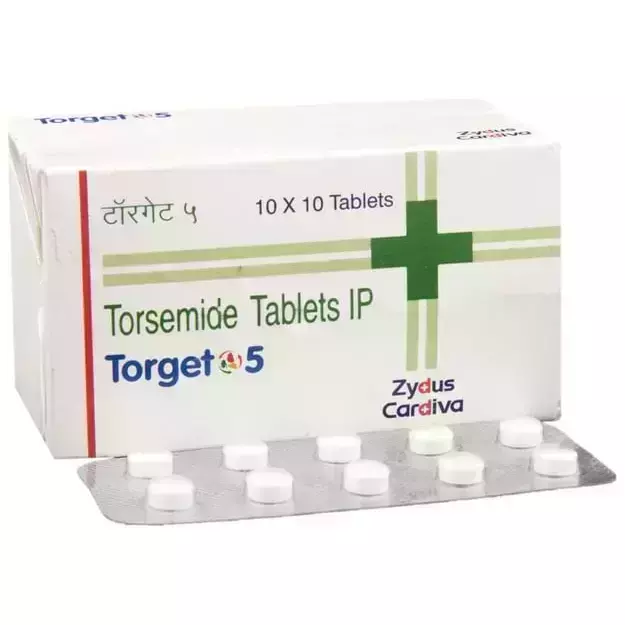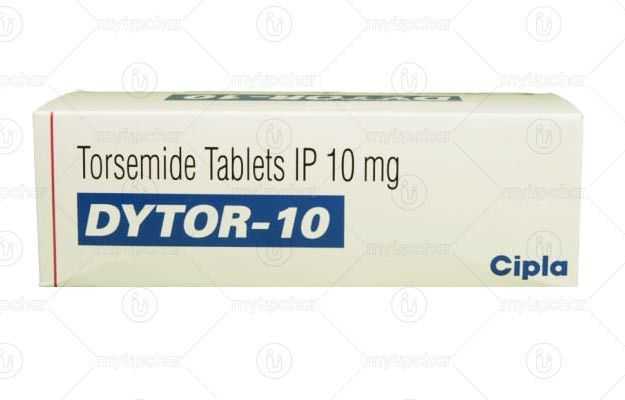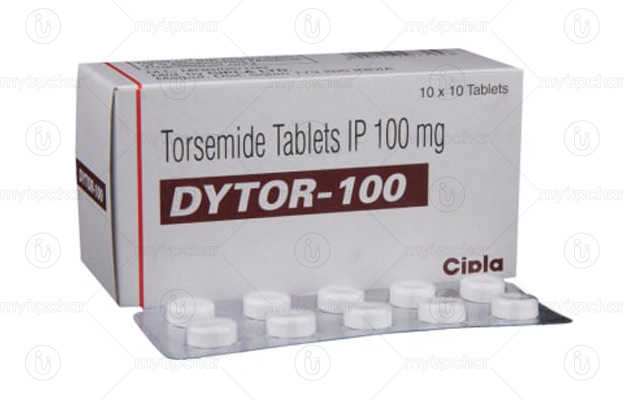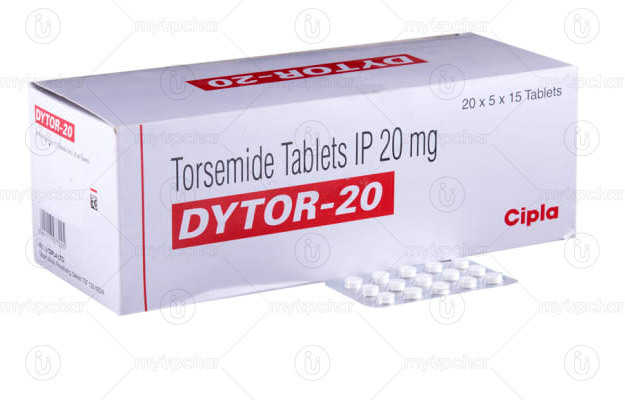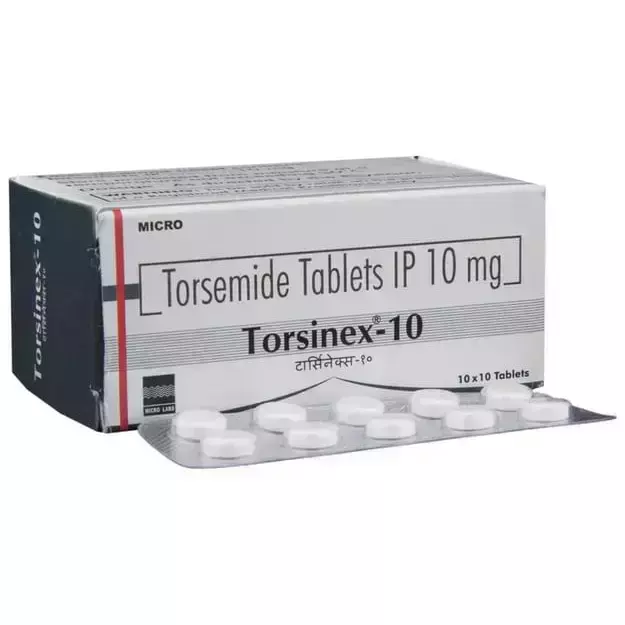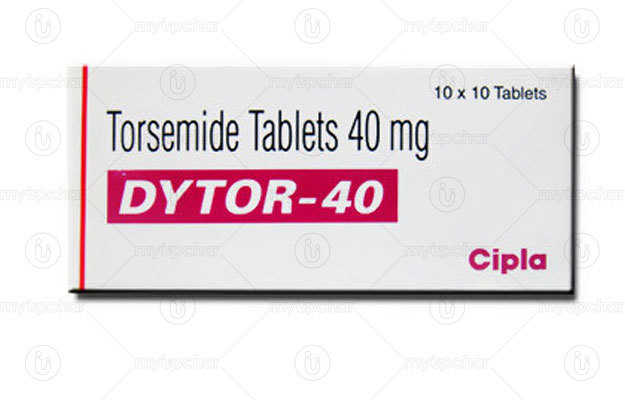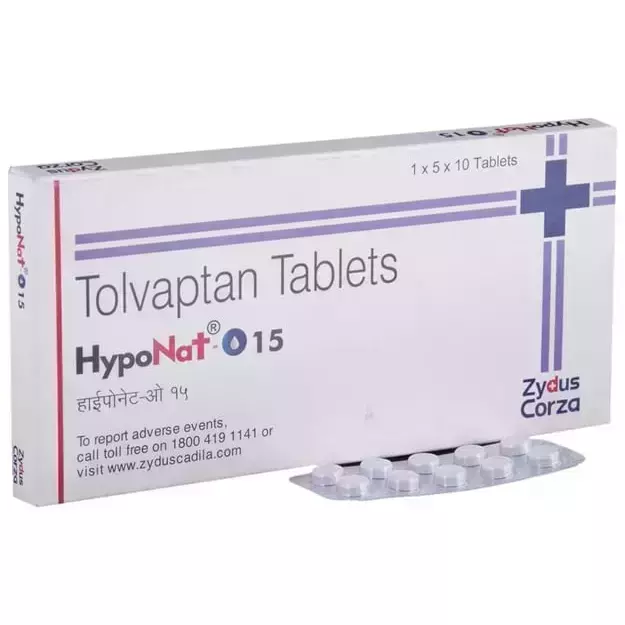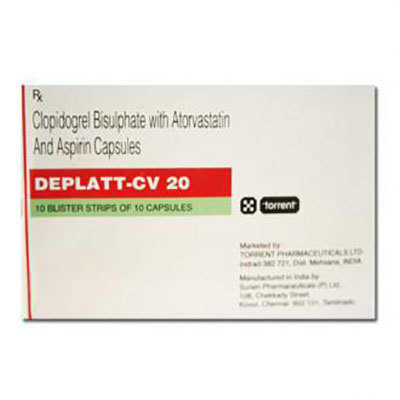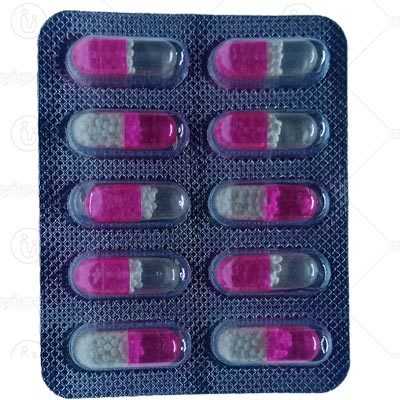Dytor 5 Tablet (15) is a commercial drug that is prescribed in the form of Tablet. It is primarily used for the treatment of Edema. The alternative uses of Dytor 5 Tablet (15) have also been explained below.
The correct dosage of Dytor 5 Tablet (15) depends on the patient's age, gender, and medical history. The condition it has been prescribed for, and the route of administration also determine the right dosage. Detailed information has been provided in the dosage section.
Dytor 5 Tablet (15) also has some side effects, the most common being Frequent urination. While these are the most often observed Dytor 5 Tablet (15) side effects, there are can be others also. These have been listed below. Usually, these side effects of Dytor 5 Tablet (15) go away soon, and do not persist beyond the duration of the treatment. If, however, they worsen or do not go away, please speak with your physician.
Furthermore, you should know that effect of Dytor 5 Tablet (15) is Mild for pregnant women and Mild for women who are breastfeeding. Warnings related to Dytor 5 Tablet (15)'s effects on the liver, heart and kidney, if any, have been listed below.
Dytor 5 Tablet (15) is not recommended if you suffer from certain medical conditions as it can have adverse effects. Potassium Deficiency, Kidney Disease, Liver Cirrhosis are examples of such conditions. Other conditions have been mentioned below in the Dytor 5 Tablet (15) contraindications section.
Additionally, Dytor 5 Tablet (15) may also adversely react with other medicines. See below for a complete list.
You should also be aware that Dytor 5 Tablet (15) is not safe while driving, and is not addiction.

